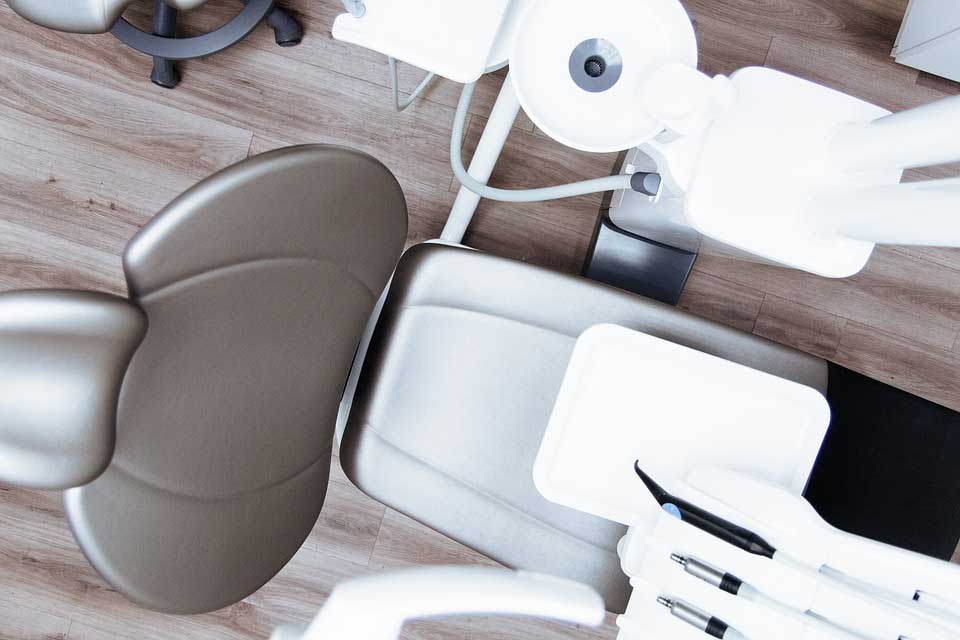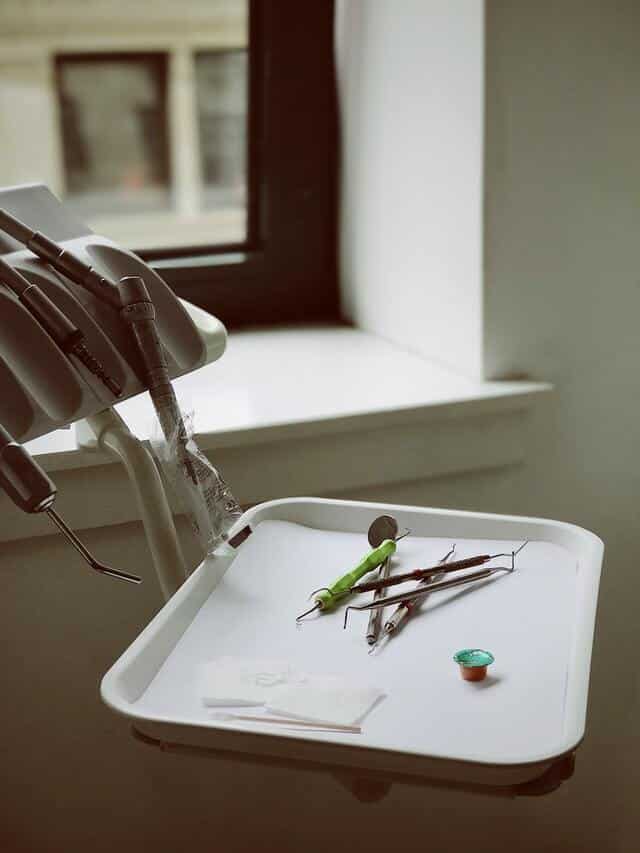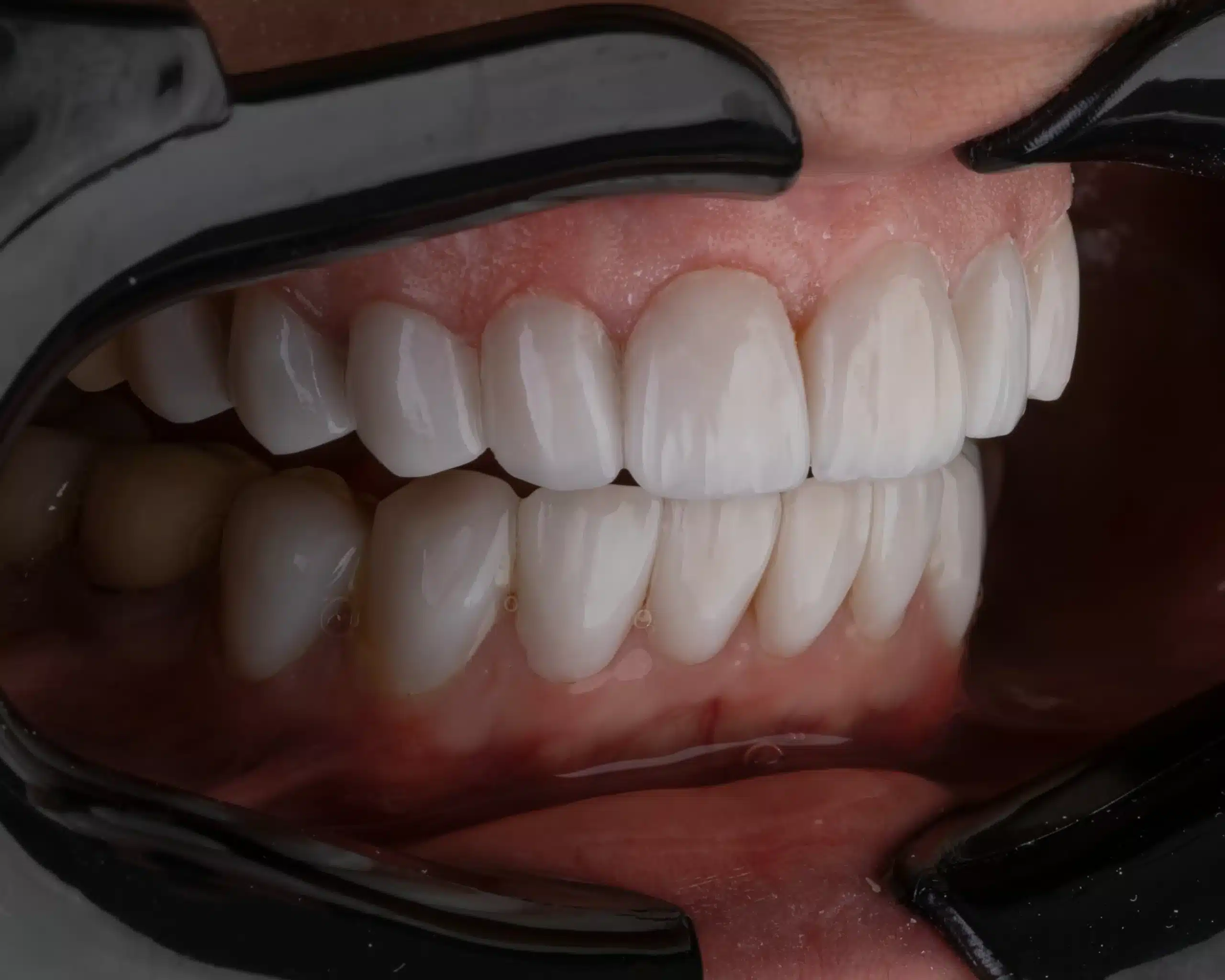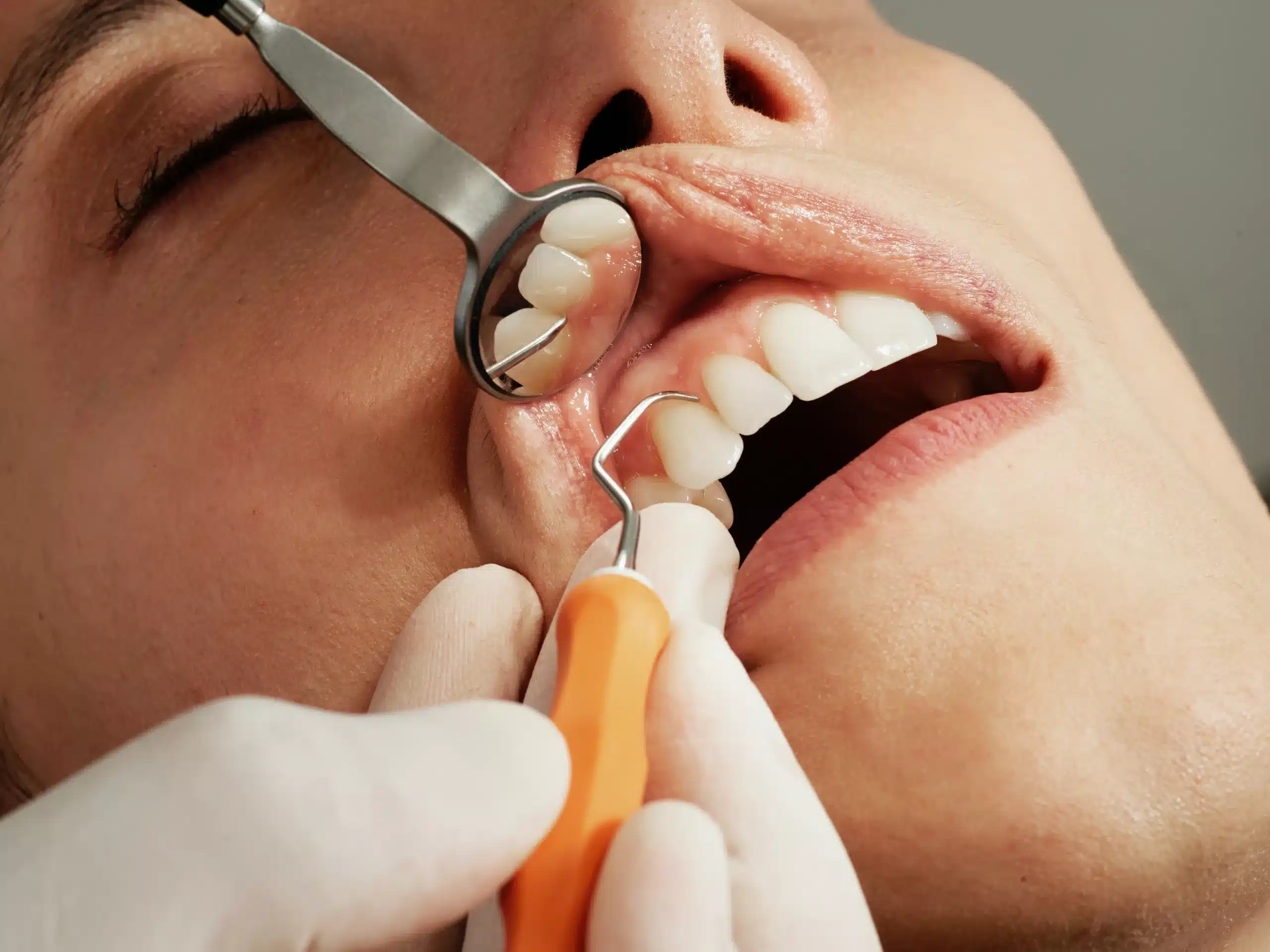
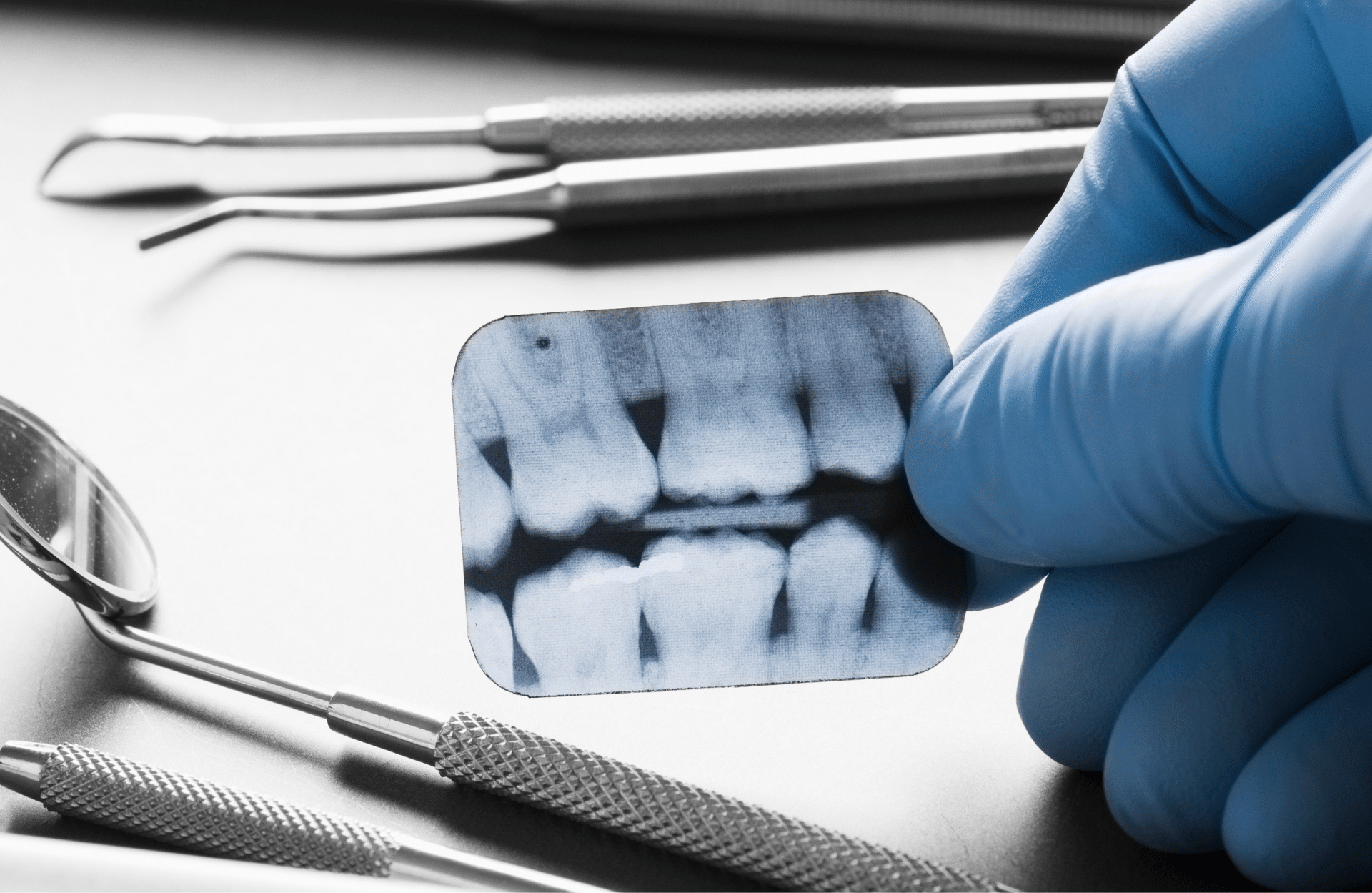 " alt="">
" alt="">

Reviewed by
Peter Rigby - Director of Medical Negligence
We've got your Negligent Orthodontic Claim covered
- No win No fee
- Not just lawyers - real specialists
- No obligation
- UK's highest-rated medical negligence solicitors
Orthodontic treatment is treatment used to straighten the position of the teeth. When visiting an orthodontist, you expect a professional experience, and to receive a good standard of care. In most cases, orthodontic and dental professionals treat their patients with the utmost care and attention, but unfortunately mistakes are sometimes made.
If you experience negligent orthodontic treatment, either via the NHS or privately, it could cause you unnecessary pain or suffering. As specialists in dental negligence, we can help you make a claim for compensation.
Find out if you
have a claim
Take the 10-second claim test
Free Advice
03300 080 352
claim form
We're the highest-rated No Win No Fee medical negligence solicitors on Trustpilot
Types of orthodontic claims we help with
When it comes to negligent orthodontic treatment, there are a number of things you could claim for, including:
• Failure to implement an appropriate treatment plan
• Removal of the wrong tooth
• Wrong number of teeth removed
• Incorrectly aligned braces or retainers
• Braces or retainers used for the wrong length of time
• Poorly constructed or unsuitable braces or retainers
How might you be affected by orthodontic malpractice?
If you’ve experienced orthodontic malpractice, you could require further treatment, which can be costly, time-consuming and uncomfortable. You might experience unnecessary pain and suffering as a result of errors made in your treatment. You may also be left with poorly aligned teeth, which could affect your confidence.
Am I eligible to make an orthodontic negligence claim?
Dentists and orthodontists, whether working for the NHS or privately, have a duty to provide you with a certain standard of care. And if you’ve received negligent orthodontic treatment, you have the right to bring a claim for compensation against those responsible.
If you think you have received negligent orthodontic treatment, you may be able to make a claim. For example, if you had braces fitted to straighten teeth, but they were left on for too long and damaged the teeth, you could be able to make a claim.
How our legal team can offer support
We understand that this can be a very upsetting and traumatic time for you. When mistakes are made in your orthodontic treatment, this can impact you physically but also emotionally, especially if you’re not confident in the look of your teeth. At Patient Claim Line, we will take the stress out of bringing a claim, allowing you to focus on your recovery.
Making a claim against your dentist can feel overwhelming, but Patient Claim Line will guide you through the process. As one of the UK’s most respected solicitors specialising in orthodontic claims, we have over thirty years of experience in claims involving orthodontic negligence.
This means that any claim made through us will be treated with the utmost professionalism and a direct approach aimed at delivering the resolution and the compensation that you deserve.
Why Choose Patient Claim Line for your Negligent Orthodontic Claim?
Not just lawyers — medical negligence experts
Patient Claim Line was established in 2014 and consists of a team of medical lawyers specialising in cancer negligence and general medical negligence claims.
At Patient Claim Line we have more than 100 solicitors with a combined experience of over 400 years and they will work on your behalf to achieve the best result possible for you.
It’s not enough to use a solicitor who sometimes covers medical negligence. You need someone who knows this area through and through. That is what the solicitors here at Patient Claim Line do. They deal exclusively in this area of law and are experts in the field.
Frequently asked questions about Negligent Orthodontic Claims
Our expert legal team answer your questions about making a Negligent Orthodontic Claim
If you are making a negligent orthodontic treatment claim, you have a time limit of three years from the negligence occurring or when the effects of the negligence are first noticeable to make a claim. In cases involving anyone under 18, the legal case must be pursued within three years from the date of their 18th birthday.
The amount of compensation you may be entitled to for a negligent orthodontic treatment claim cannot be guaranteed and will depend on the circumstances involved in your claim. Each claim is different; meaning final compensation pay-out is based on the severity of your suffering caused by the negligence. Factors taken into consideration include the impact on your health, medical expenses, and any loss of earnings.
Due to the nature of the claim, it can be difficult for you to gather the evidence for this case, therefore it should be left to your solicitor to collect the evidence such as dental records on your behalf. However, there is some evidence that you may be able to collect yourself such as any out of pocket losses you may have experienced due to the negligence for example further dental treatment costs, or been unable to work.
Meet our Negligent Orthodontic Team
Case Study
Sarah's Story
"Now we have peace of mind"
My husband, Nick, went back and forth to the doctors for a long time and tried everything the doctor recommended. But his illness got worse, to the point that he was in agony.
In the end we got so desperate that we asked for a referral. The doctor was reluctant, so we had to consult a private hospital. That’s when we found out there was a tumour. It took years from the onset of his illness to finally start cancer treatment.
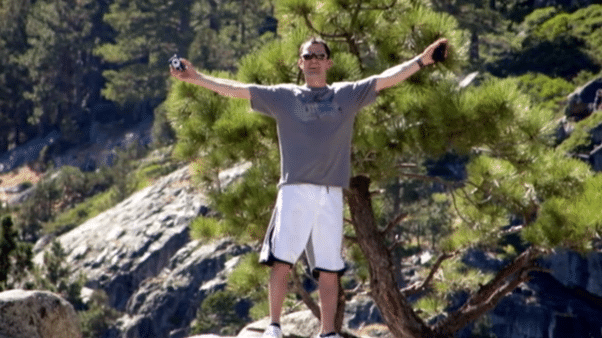
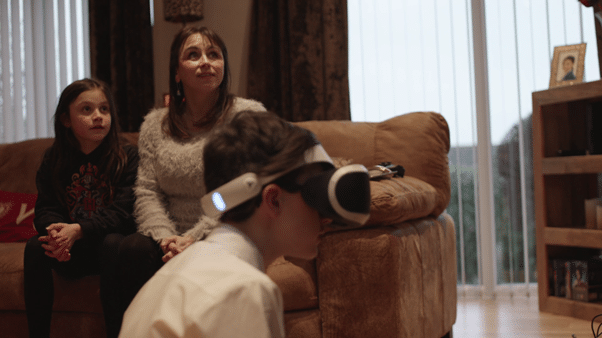
He used to be a man with a lot to live for, but in the end he was in so much pain that he withdrew from the family. He became angry that nobody had helped him sooner, and the legal team were able to give him the validation that he was desperately seeking. The NHS confirmed if they had done more, Nick would still be alive today.



